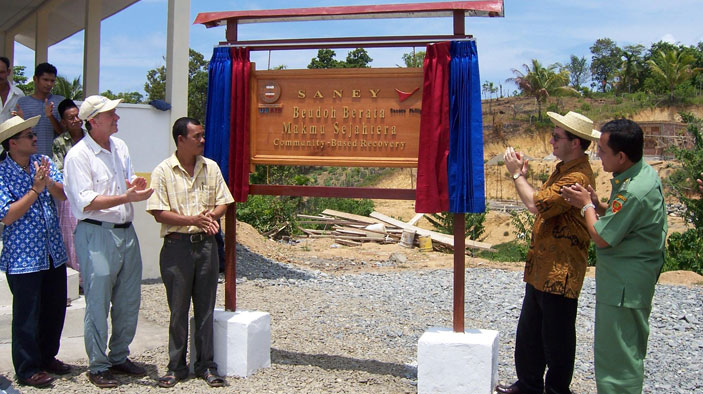Indonesia—Support for Peaceful Democratization (SPD)
Client: U.S. Agency for International Development
Duration: 2005-2008
Region: Asia and the Pacific
Country: Indonesia
Solutions: Fragile States
Indonesia has experienced tremendous political, economic, and social change since the end of authoritarian rule in 1998. The country now enjoys one of Asia’s most pluralist and critical media, and has held internationally accepted general elections. The transition from authoritarianism to democracy was not free of serious complications and setbacks, however. One of the most disturbing effects of the breakdown of repressive state control was the eruption of communal and separatist violence in certain areas of the archipelago. Bottled-up and nurtured by decades of authoritarian rule, tensions between religious, ethnic, and other social groups came to the surface after 1998. SPD aimed to address violent conflicts between groups with incompatible interests regarding the distribution of resources, control of power and participation in political decision making, identity, status, or values. SPD support was rapid and flexible, addressing urgent needs and overarching causes of conflict, and encouraging the involvement of women throughout the project cycle.

Sample Activities
- Conduct training that enhances understanding and analysis of the underlying causes and consequences of local conflicts, and provide technical capacity to resolve conflict.
- Develop skills for initiatives aimed at establishing democratically controlled, impartial, and professional security forces.
- Build peace and resolve conflicts through sustainable livelihood initiatives in conflict-affected areas.
- Build capacity through direct involvement in drafting and monitoring relevant legislation in vulnerable and conflict-affected areas.
- Provide emergency assistance for people directly affected by violent conflict.
Select Results
- Created 448,000 person-days of labor, employing 16,440 people, and delivering $1.83 million in cash and food payments to workers in Aceh Province.
- Trained 8,171 village leaders (35 percent women; 11,683 person-days of training) from 119 villages in Aceh Province in conflict resolution skills.
- Formed 56 civil society organizations and train 165 people in how to manage them, 16 percent of whom were women.
- Rehabilitated or constructed 100 community centers, 57 village offices, and 65 recreation facilities; cleaned 66.5 kilometers of irrigation canal; 52 kilometers of drainage ditch; 1,090 hectares of village land; and 4,657 hectares of agriculture land; and planted 112,380 tree seedlings.
RELATED CONTENT:
Kenya—NiWajibu Wetu (NIWETU)
The Kenya NiWajibu Wetu (NIWETU) program, funded by the U.S. Agency for International Development, worked to reduce violent extremism among at-risk individuals and communities in hotspots in Kenya.
Read More